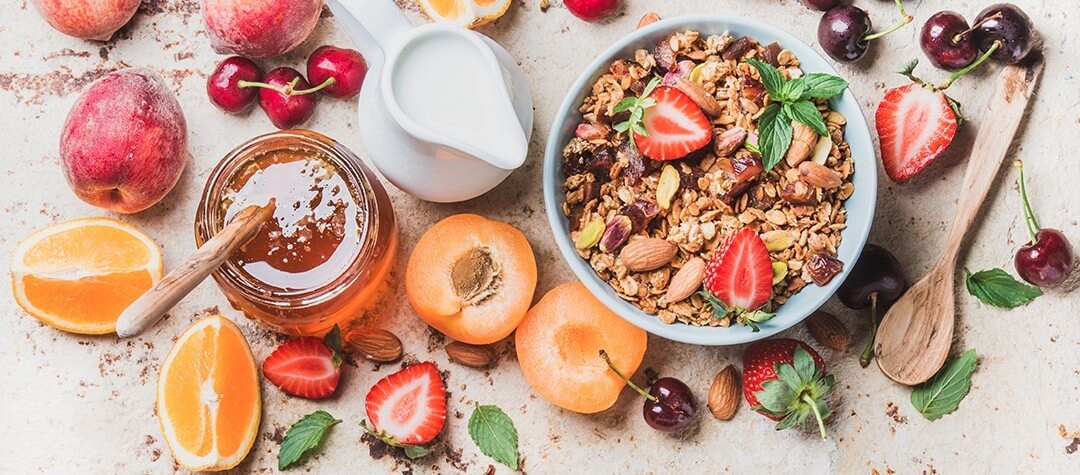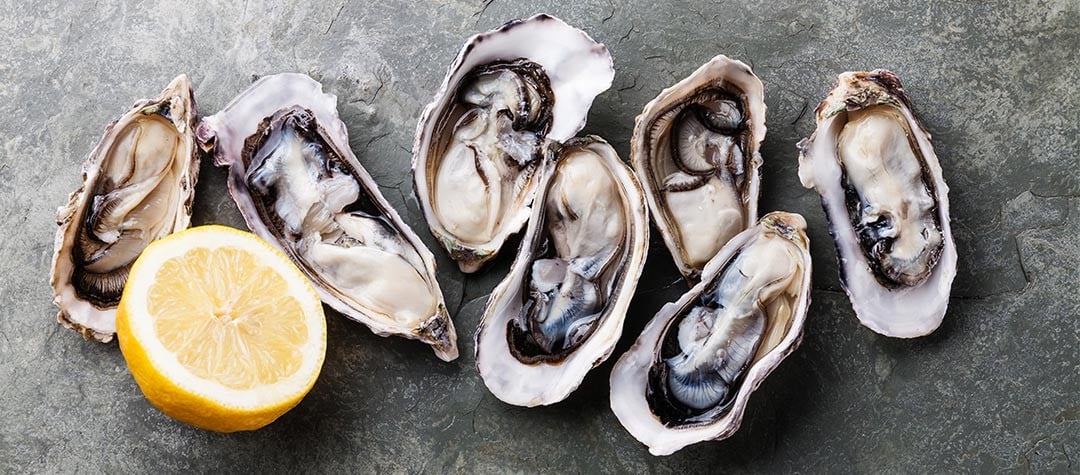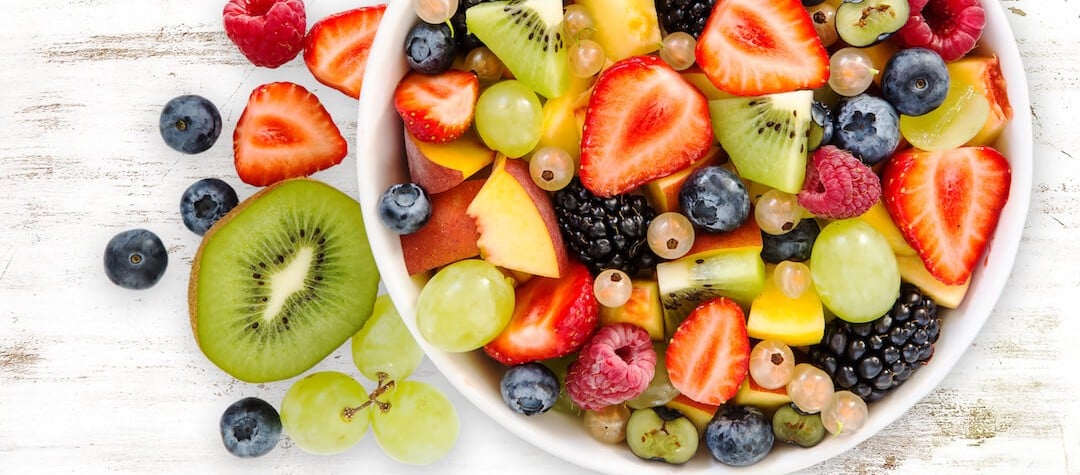For many people, the thought of drastically changing their diet seems a little daunting. But changing your diet doesn’t have to be quite so scary, as it’s the little changes that will make a big difference. Take a look at these small tweaks you can make to maximise your weight loss results.
1. Limit alcohol
You might not think that alcohol affects your diet that much , but it actually contains seven calories per gram - almost twice as many calories as protein and carbohydrates. To put this into context, the average glass of wine contains 124 calories and a can of regular beer contains 153 calories. Alongside the high-calorie count of alcohol, if you spend the day after hungover, exercise is probably the last thing on your mind.
And on top of all of this, alcohol has appetite-stimulating effects, leaving you craving food when you drink (usually fatty and salty food) and let’s be honest, late night kebabs are no good for anyone’s dieting efforts. Where possible, try to keep alcohol as a treat for special occasions, and drink it in moderation.
2. Make a list, and stick to it
We’ve all done it - wandered around the supermarket with a vague idea of what we need, and ended up coming home with much more than we anticipated. Research published in the Journal of Nutrition Education and Behaviour found that people who shopped with a list weight less than those who didn’t in the same community. Shopping using a list prevents impulse buys and stops you from being swayed by the clever marketing in supermarkets.
Don’t go shopping when you are hungry either, as you are more likely to buy more of the foods you want over the foods you actually need. Before you go shopping, make a list at home and stick to it. Even if it is buy one get one free on your favourite chocolate.
3. Make your own food
Are you someone who eats out more than they do at home? Well, it could be doing your dieting efforts serious harm. One study published in the Journal of the Academy of Nutrition and Dietetics found those who ate out for lunch just once a week lost an average of five pounds less per week compared to people who didn’t.
Making your own food at home allows you to control exactly what ingredients you put in your meals, control your own portion sizes and you’ll save yourself a lot of money in the long run (dining out doesn’t come cheap!) Try to limit the amount you eat out at restaurants and make your own lunch, rather than buying it.
4. Eat breakfast every day
A common dieting misconception is that to lose weight you have to skip meals, but that’s not true - especially when it comes to breakfast. A healthy breakfast will set you up for the day ahead , as it gives your metabolism a boost after not eating for so long, increases your energy levels and keeps you from overeating later in the day. If you don’t eat breakfast soon after sleeping, then your body go as long as 14 hours without food.
During this time, your body will go into a state of fasting, trying to preserve every ounce of energy it can. Your body won’t be able to work at it’s best and you’ll feel tired and may struggle to focus. According to a study from the National Weight Control Registry, 80 per cent of people who lost weight and kept it off for over a year ate breakfast.
5. Keep a food diary
A food diary is another simple lifestyle change you can make to help you lose weight. A study published in the American Journal of Preventative Medicine found that people who kept a food diary for six days a week lost around twice as much weight as those who recorded their food intake for one day a week or less. If you don’t like the thought of carrying a diary around everywhere you go there are also apps you can use to record your food intake.
Just make sure you’re honest in your diary. If you want it to work then you need to jot down exactly what your eating - not just the good bits! A truthful food diary will help you see patterns (both good and bad) in the foods you eat.














